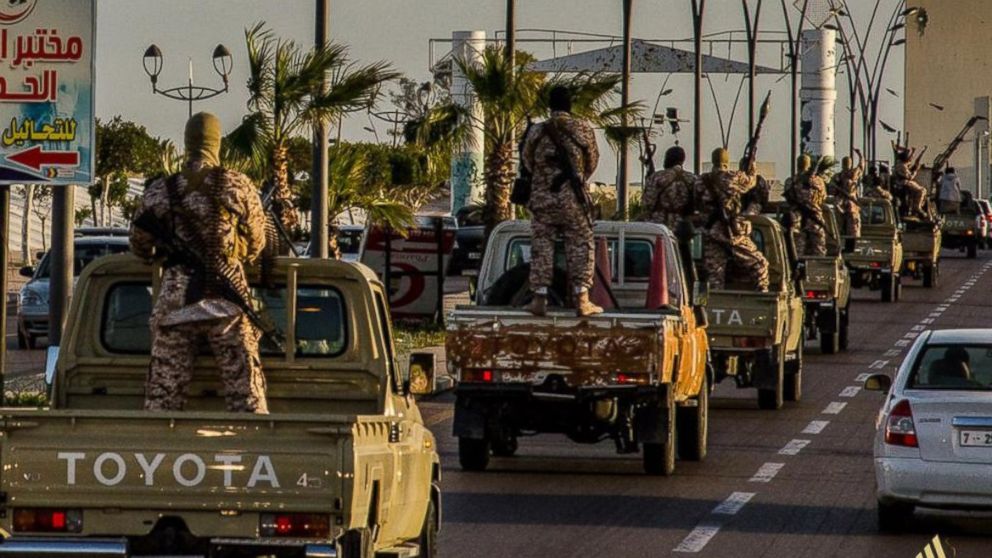 |
| What could possibly go wrong? |
Only four nations even have such a guarantee: The US, Mexico, Haiti and Guatamala. It's hard to say how much the constitutional guarantee contributes to the ongoing violence and chaos in these third-world, corrupt, poorly governed nations, but in the US the ongoing daily death toll is staggering. And it's not just those killed - many more are wounded, many young men are incarcerated for decades, families are shattered, children are orphaned - not just by the homicides and shootings, but also by the suicides facilitated be the easy access to guns.
Now, all that said, if we are going to try to find a way to limit the availability of deadly weapons, particularly handguns, we have to be honest about the Constitution, the law, the judiciary and the political environment. That doesn't mean we have to be pessimistic, but it does mean we can't pretend things are not as they are, or that there are paths or shortcuts to meaningful firearms ownership reform that don't actually exist.
The overwhelmingly most common trope on the left is that the verbiage of the 2nd amendment itself means that the intention is to limit guns to police and military.
"A well regulated Militia, being necessary to the security of a free State, the right of the people to keep and bear Arms, shall not be infringed."
The story goes that a well regulated militia was the eighteenth century equivalent to a modern professional army or police force. But the fact is that phrase had been in common usage for a century, and meant nothing at all like we would interpret it today. The phrase "well regulated", as used at the time of the constitutional convention, referred to the property of something being in proper working order. Something that was well-regulated was calibrated correctly, functioning as expected. Establishing government oversight of the people's arms was not only not the intent in using the phrase in the 2nd amendment, it was precisely to render the government powerless to do so that the founders wrote it.
It's also interesting to consider the next phrase, "being necessary to the security of a free state". It doesn't simply claim that this militia is necessary to the security of the state, it specifically claims it is necessary to preserve the security of a FREE state. Although we can agree the concept of small arms to contain the 'tyranny' of the federal government is ludicrous today, things were much different in 1780, and that concept was critical. They had just finished raising a militia to fight for independence - it was reasonable that they might have to do so again.
Third, what did they mean by 'militia'? Well, there was no army. If there was a challenge, invaders or Indian raids or riots or armed gangs, the law was clear. All able-bodied men would muster with their own weapons, horses and equipment. The state neither supplied nor issued anything - the militia was the collective defense mechanism for the community, and after the threat was addressed they went back to their farms and businesses. So there was no separate entity called the 'militia' - the militia WAS the people.
Lastly, there have been tremendous arguments around who, exactly, "the people" are in the phrase "the right of the people to keep and bear arms...". Over the years, the Supreme Court has been resistant to providing a firm legal decision on this question. In 1939, in the Miller decision, the court affirmed a collective rights approach only - they did not go so far as to affirm that this verbiage necessitated an individual rights interpretation. Finally, with the modern interpretations of the 2nd amendment ascendant, the court in Heller in 2008 did conclude that this phrase was a guarantee of an individual right to firearms ownership.
So look. You can adopt any interpretation that pleases you - I like to be as careful as I can be to avoid motivated reasoning or wishful thinking, but everyone is different. But what you can't do is stamp your feet and insist that your more-favorable-to-gun-regulation interpretation is the obvious, or the only one possible. Indeed, all of the judicial interpretations now in force point in precisely the opposite direction.
...



